The Director-General of the Ghana Tertiary Education Commission (GTEC), Professor Abdulai Jinapor, has announced that any tertiary institution that continues to operate programs at unaccredited centers will face the revocation of accreditation for those programs.
This action has become necessary due to the increasing number of unaccredited centers associated with some traditional universities across the country.
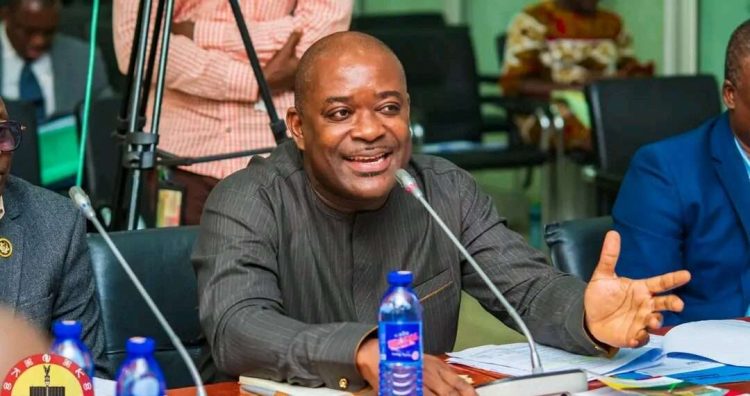
In an exclusive interview with the Daily Graphic, Prof. Jinapor explained that accredited programs are specific to institutions and cannot be conducted at unauthorized centers.
Action Against Unaccredited Centers
Currently, GTEC has instructed three public universities to stop enrolling new students at 160 study centers operating as satellite locations. The universities affected are the University of Cape Coast (UCC), the University for Development Studies (UDS), and the University of Education, Winneba (UEW). UCC has the highest number of such centers, totaling 91, followed by UEW with 48, and UDS with 21.
Many of these centers are located in senior high schools, colleges of education, church premises, social centers, and even company facilities, with one of UCC’s centers located in Nsawam Prisons.
Memorandum of Understanding (MoU)
To address the issue, GTEC has signed a memorandum of understanding (MoU) with six universities prohibiting them from using rented premises for their programs. The universities involved are Kwame Nkrumah University of Science and Technology, University of Ghana, University of Media, Arts and Communication (UniMAC), University of Cape Coast, University of Education, Winneba, and GIMPA.
“They agreed that GTEC should allow them to continue teaching their current students,” Prof. Jinapor stated. “Under the MoU, they cannot admit new students to those centers for the 2024/2025 academic year.” He added that GTEC would conduct an audit to verify that enrolled students meet the necessary minimum qualifications.
Prof. Jinapor noted that it has come to GTEC’s attention that many of these centers have been admitting students without proper qualifications under the guise of mature student admissions. He emphasized that mature students should have relevant work experience and a minimum qualification, rejecting the idea that no qualifications are needed for mature students.
Concerns About Teaching Qualifications
Prof. Jinapor clarified that while GTEC is not opposed to satellite campuses and study centers, it is against the widespread establishment of centers that do not meet standards. He further mentioned that the audit of student admissions is complete, and any student who does not meet the minimum requirements will be advised to withdraw.
He also raised concerns about the qualifications of those teaching at these centers, stating that many instructors only hold first degrees. “It is unacceptable for someone with a first degree to teach first degree programs or for someone with a diploma to teach diploma courses. To teach at the tertiary level, we require instructors to hold at least a research master’s degree,” he explained.
Prof. Jinapor warned that the results of the audit would be shared with the National Service Secretariat, the Students Loan Trust, and the Scholarship Secretariat, as the law mandates that all institutions must have accredited programs for students to access these services.
“We expect these institutions to refrain from admitting new students based on the MoU. Any breach of this agreement will result in legal consequences,” he cautioned.
He advised prospective students to avoid unaccredited centers and programs, emphasizing that those who choose to pursue studies at such locations do so at their own risk.
“Consequently, GTEC strongly urges parents, guardians and prospective students to avoid enrolling in programmes offered at these unaccredited study centres.
“GTEC will not recognise academic credentials awarded to students who enrolled with the UCC, UDS or UEW for the 2024/2025 academic year and studied at these unaccredited centres,” Prof. Jinapor added.

































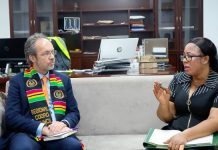
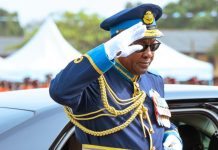
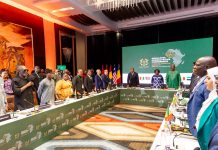
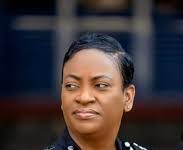



















![[FREE FREE MONEY] Predict and Win a Guaranteed GH¢200 From Us EVERY WEEK](https://wordpress.ghanatalksradio.com/wp-content/uploads/2022/02/Predict-and-Win-Final-09-03-2021-218x150.jpg)
![[Predict & Win – 8th/Oct.] WIN A Guaranteed ¢200 From Us This Week](https://wordpress.ghanatalksradio.com/wp-content/uploads/2021/10/maxresdefault-16-218x150.jpg)
![[Predict & Win – 2nd] WIN A Guaranteed ¢200 From Us This Week](https://wordpress.ghanatalksradio.com/wp-content/uploads/2021/09/maxresdefault-50-218x150.jpg)
![[Predict & Win – 25th] WIN A Guaranteed ¢200 From Us This Week](https://wordpress.ghanatalksradio.com/wp-content/uploads/2021/09/maxresdefault-36-218x150.jpg)
![[Predict & Win – 18th] WIN A Guaranteed ¢200 From Us This Week](https://wordpress.ghanatalksradio.com/wp-content/uploads/2021/09/maxresdefault-23-218x150.jpg)


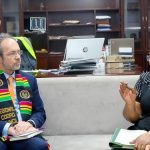
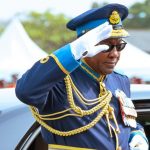






![[National cathedral] See full list of churches that have contributed since 2018](https://wordpress.ghanatalksradio.com/wp-content/uploads/2020/09/Ghana-National-Cathedral-GhanaTalksRadio-100x70.jpg)


